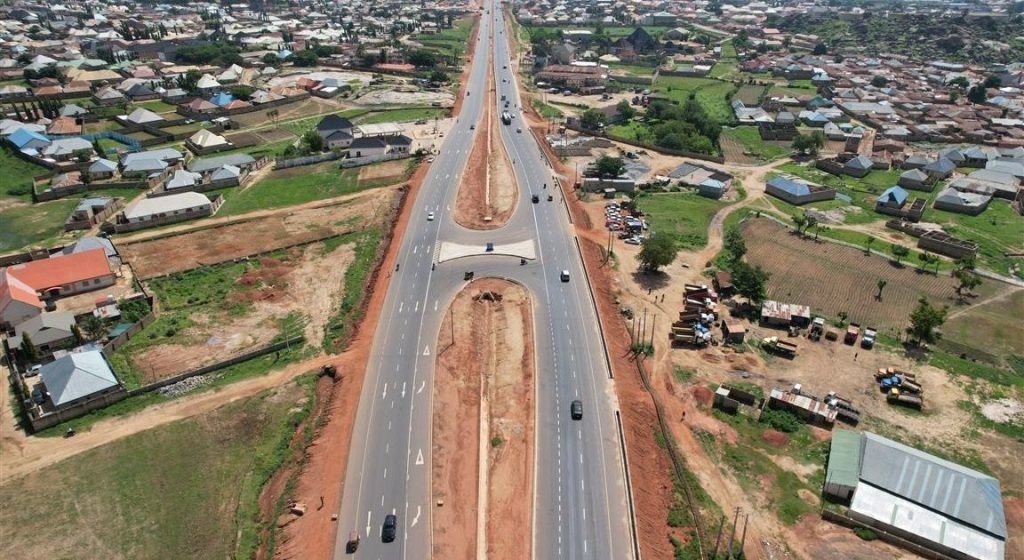The Federal Ministry of Works has recently ordered Julius Berger, the contractor responsible for the rehabilitation of Section One of the Abuja-Kaduna-Zaria-Kano Dual Carriageway, to vacate the project site. This decision follows a 14-day final termination notice that the ministry issued due to the contractor’s non-compliance with the revised project costs, scope, and terms. The contractor’s failure to remobilize and the ongoing stoppage of work were cited as the primary reasons for the termination. Despite months of negotiations aimed at resolving the issues, the Federal Ministry stated that no meaningful progress had been achieved. The announcement was made by the ministry’s Director of Press and Public Relations, Mohammed Ahmed, following a management meeting held at the ministry’s headquarters in Abuja.
The rehabilitation project has seen significant delays, especially in the Abuja-Kaduna section, where progress has reached only 27% over a span of six years. In contrast, the Kaduna-Zaria section has been completed, and the Zaria-Kano section is near completion. The termination of the contract comes after the Works Minister David Umahi previously threatened to revoke the contractor’s agreement, which was originally awarded in 2018 during former President Muhammadu Buhari’s administration. Recent allegations by Umahi accused Julius Berger of politicizing the road project to undermine the current administration’s reputation.
Attempts to negotiate solutions between the ministry and Julius Berger have proven futile, particularly following the contractor’s failure to attend a critical meeting set for November 4, 2024. The termination notice highlights the breakdown of collaboration and the dissatisfaction expressed by the ministry concerning the contractor’s performance. The statement detailed the specific reasons for the contract termination, encompassing areas such as non-compliance with the project’s financial demands and failure to meet established timelines for work resumption.
The contract for the rehabilitation was initially awarded on December 20, 2017, with a total budget of N155.75 billion, and was officially launched by then-Minister of Power, Works, and Housing Babatunde Fashola. The ambitious project was divided into three sections: Section II (Kaduna-Zaria), Section III (Zaria-Kano), and Section I (Abuja-Kaduna), with Julius Berger being responsible for the first section. Amidst ongoing variations and project augmentations over the years, the ministry saw the need for the redesigning and re-scoping of the Abuja-Kaduna segment to ensure timely completion.
In a strategic shift, the Minister of Works allocated part of the project to Messrs Dangote Industries, which was approved for the first phase of construction on a concrete pavement. The rest of the project, extending over 127 kilometers, remains assigned to Julius Berger. The phased approach was intended to create a clearer pathway for completing the infrastructure, emphasizing the government’s goal of alleviating road users’ hardships while adhering to the Renewed Hope Agenda, championed by President Bola Tinubu.
Ultimately, the ongoing challenges faced by the Federal Ministry of Works in executing the project, including delays and financial disagreements, have led to significant disciplinary actions against the contractor. With the minister revoking a total of 11 contracts in 16 months, the ministry has signaled its zero-tolerance policy towards inefficiency in critical infrastructure development. This decision underscores the ministry’s commitment to enhancing Nigeria’s road networks, demonstrating the government’s intent to hold contractors accountable while pursuing rapid infrastructure improvement for the benefit of citizens. The current situation reflects an ongoing struggle to balance the contractual obligations of private construction companies with the government’s broader objectives for national development.














